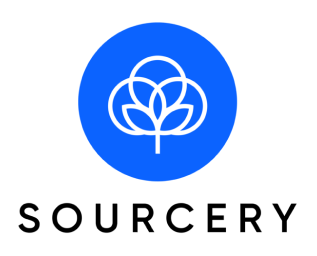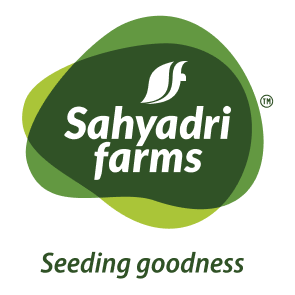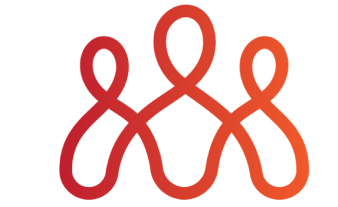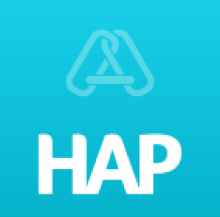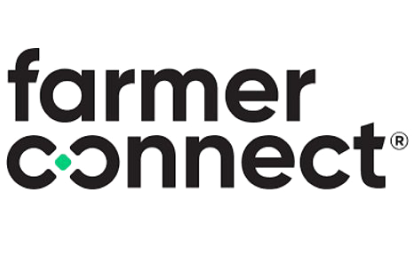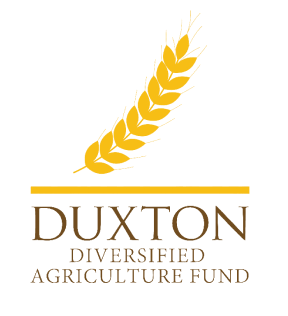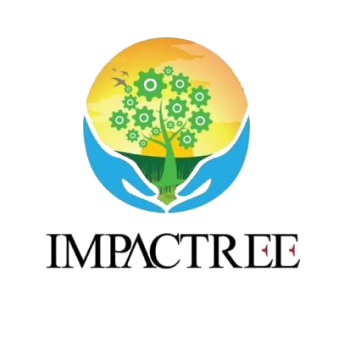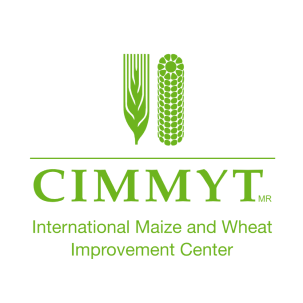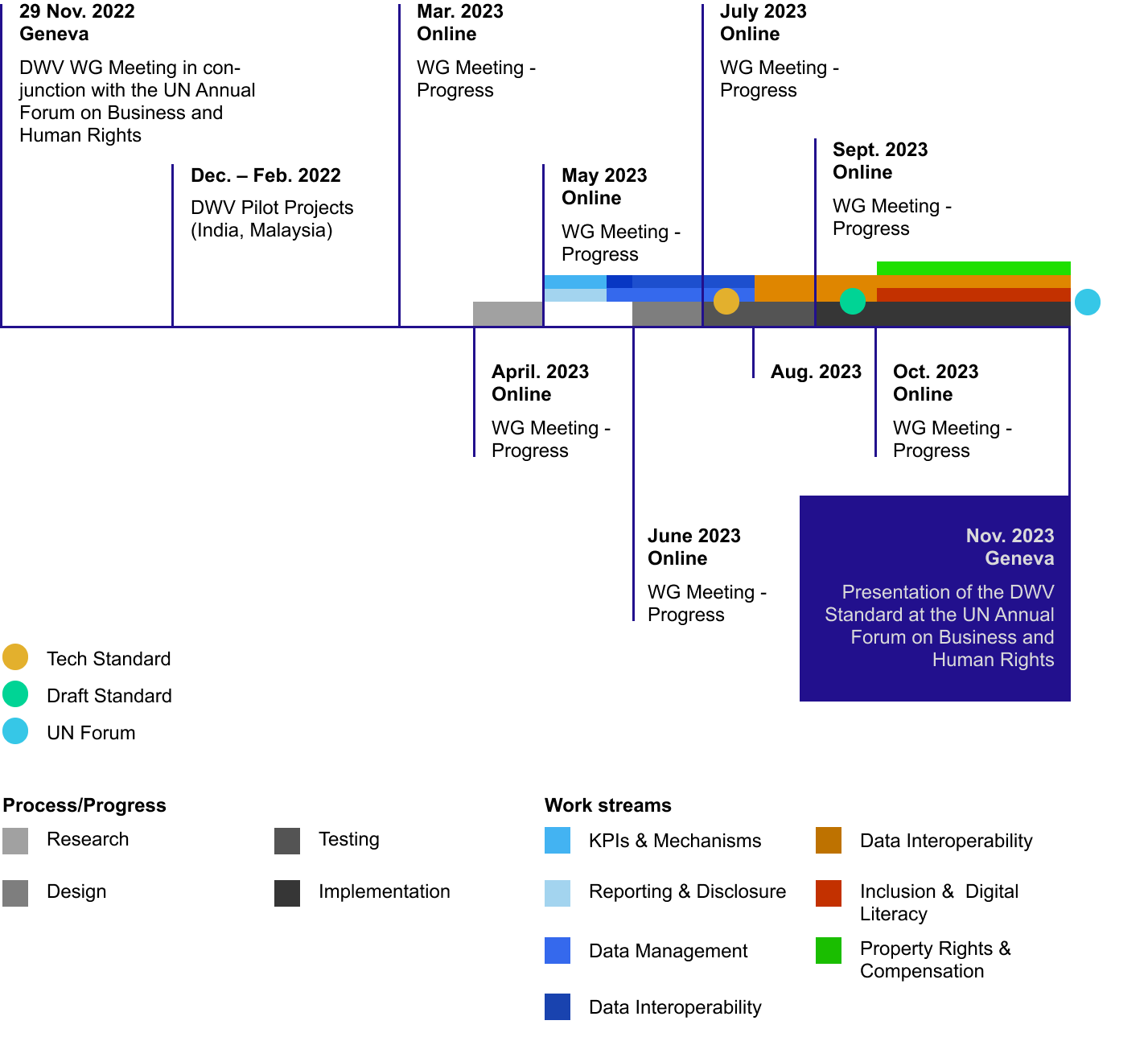Global Standard for
Worker Voice Data
→ What is relevant worker voice data?
→ How should it be collected?
→ How much should workers be paid for data?
→ How will workers control and own their data?
→ How will data be interoperable and shared?
→ How to avoid data exploitation?
The standard defines what data from workers is necessary, sufficient and credible to evidence you are treating them fairly.
Only workers can confirm working conditions in a supply chain. By using their own smartphones, being paid directly for data and owning the data they create, workers can definitively validate claims of fair treatment.
Worker Voice Data is at the core of compliance to the man-datory HRDD requirement under EU Corporate Sustainability Directive, the UK or Australian Modern Slavery Acts.
Data to check compliance
Affordable mobile devices and connectivity, digital literacy, ‘zero-knowledge’ anonymity and privacy, and a strong incentive of direct payment for data.
Mandatory regulatory compliance today says what is ex-pected functionally and objectively. Only direct and unfiltered data can prove you have done due diligence. Only direct worker voice delivers the trust regulators demand.
Workers are connected and aware. They can use social media. They can produce structured primary data about their working conditions to corroborate a technical audit of a factory or farm. Vast amounts of worker provided data will be cross-referenced with AI.
A data standard enables regulators, buyers, suppliers, unions, NGOs and communities to trust data integrity.
Timeline
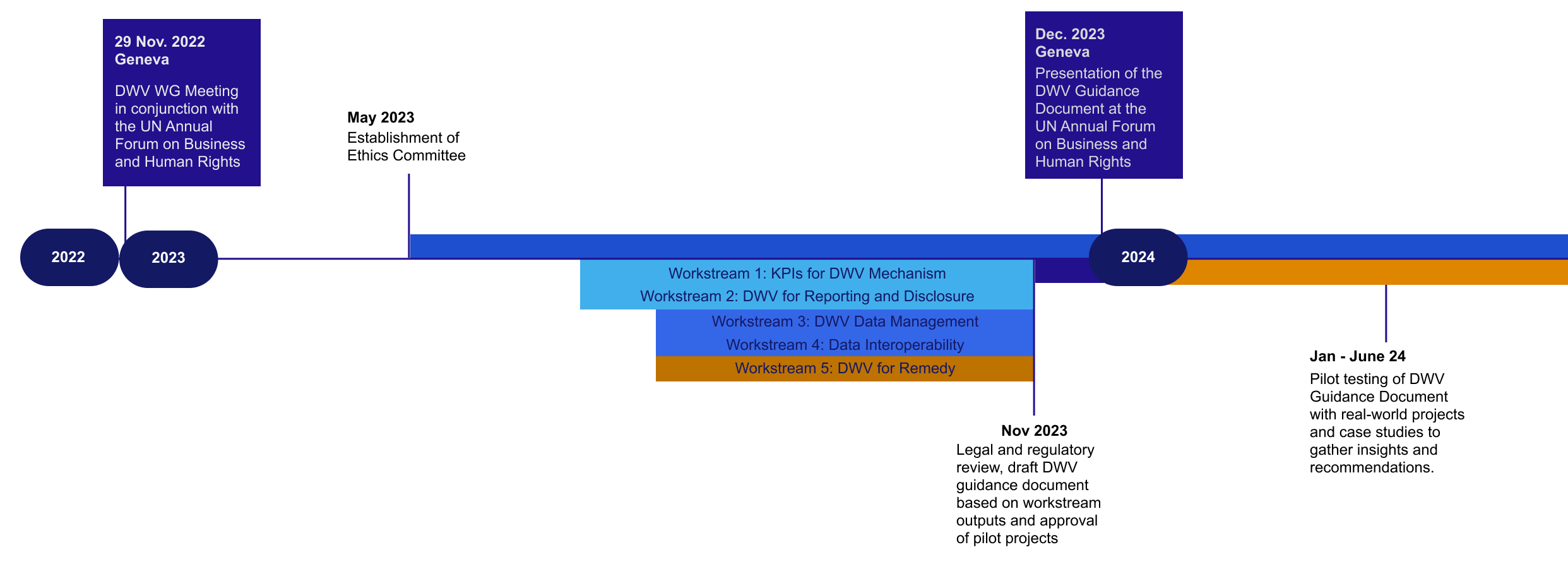
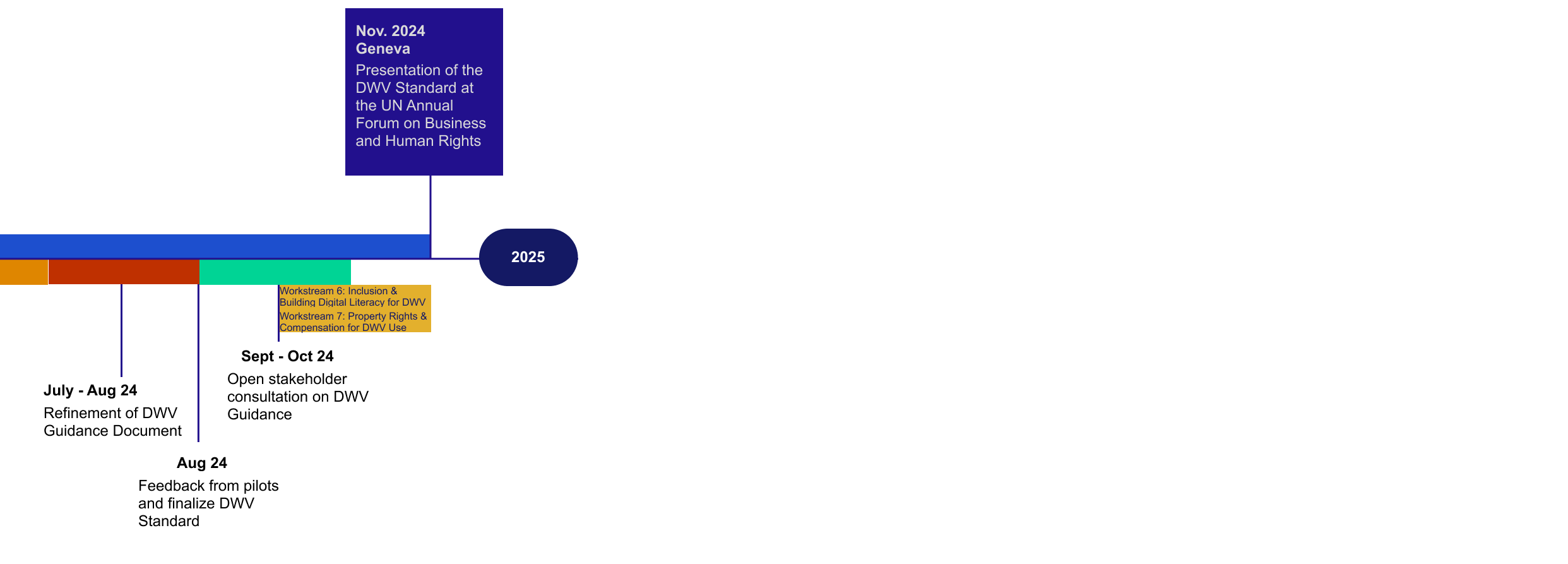
FAQ
The process is governed by an Ethics Committee which also acts as a Steering Committee.
Organizations joining after 1 May 2023 must make a donation toward the ongoing costs of the process. This is as follows:
Type | Amount (USD) |
Worker or Farmer Organizations | $500 |
NGOs and CSOs | $500 |
For-Profit – Technology Providers (Traceability, Mobile, etc.) | $2,500 |
For-Profit – Other Services (Auditors, Scheme Owners, Risk Advisory, etc) | $5,000 |
Consumer Brands or Supply Chain Operators | $50,000 |
Observers (Policymakers, Regulators and Trade Unions) | Voluntary |
You must sign an agreement with the Secretariat of the process, acting on behalf of the Ethics Committee. The agreement formalizes details described in this FAQ and elsewhere on this website.
Participate
Ready to join? Make your donation and let us know via the form below, or if you need more information.
Check confirmation email from secretariat@directworkervoice.org

About DWV
FAQ
Events
Contact Us
Powered by:

